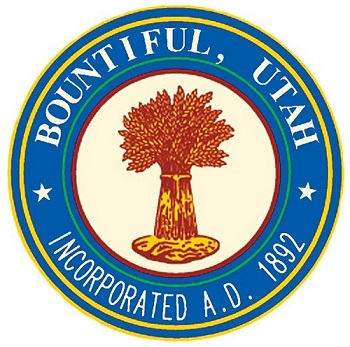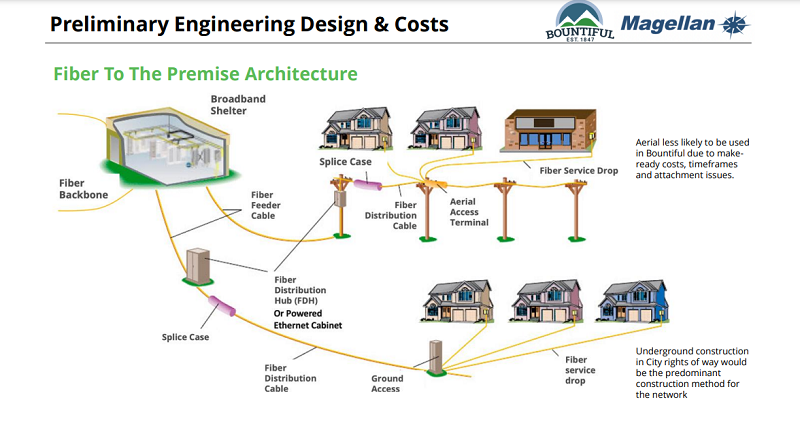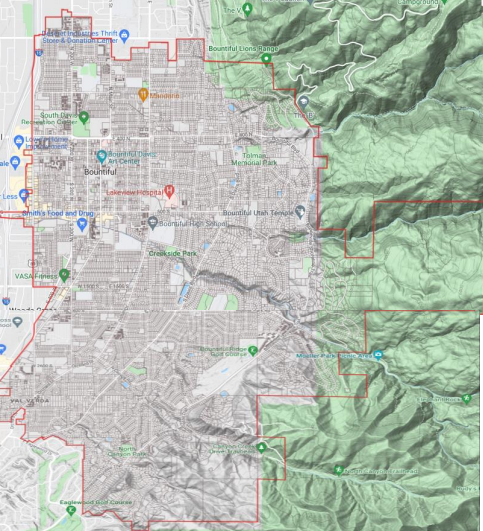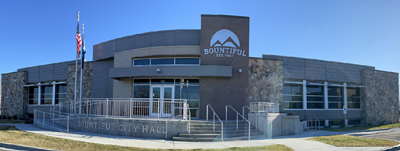
Fast, affordable Internet access for all.

In the Salt Lake City suburb some call “the garden spot of Utah,” Bountiful, Utah officials have settled on a plan to bring Bountiful Fiber and affordable connectivity to its residents and businesses.
By unanimous vote of the city council, the issuance of $48 million in bonds was authorized on May 26 to fund construction of what will be a city-owned open access fiber network.
The city will own the network and lease it out to multiple private Internet service providers (ISPs) – a model that city manager Gary Hill described as a way to create “a competitive marketplace for Internet service providers."
In a letter to city councilors before the bond issuance was authorized, Hill wrote: "Resident requests and sentiment ... demonstrate a need for city involvement to provide adequate, competitive, reliable broadband services.”
After issuing an RFP in November of last year, the city contracted with the nation’s largest open access network – UTOPIA Fiber – to build, operate, and maintain the network. It is expected that construction will take about 2 to 3 years to complete, though some subscribers will likely be lit up for service within 18 months of the start of construction, scheduled to begin this month.
Dark Money Looks to Torpedo Project
A dark money campaign spearheaded by the Utah Taxpayers Association (UTA), however, is threatening to derail the project. The group, whose annual conference is sponsored by Comcast and CenturyLink/Lumen, is backing a “Gather Utah” initiative to obtain signatures for a petition that would stop the city from building the network.

We have seen these well-funded anti-competition initiatives for years. And just like the others, the recent Bountiful broadside has all the deceptive hallmarks of astroturf disinformation campaigns popping up in communities across the nation. In Bountiful, “Gather Utah” has been misleading residents with claims the group represents city government and that the petition actually supports the project. The campaign has gained enough traction that the American Association for Public Broadband (AAPB) is issuing alerts to city residents.
In an op-ed published in the Salt Lake Tribune over the weekend, AAPB Executive Director Gigi Sohn notes:
“UTA has long been opposed to communities having the freedom to choose the best broadband Internet access for their residents. Its President, Rusty Cannon, has spoken in opposition to UTOPIA Fiber’s project in prior council meetings.”
Sohn goes on to remind readers of how Comcast and CenturyLink/Lumen “have been vocally opposed to community-owned broadband for decades and are well-known for providing organizations like the UTA with significant financial support in exchange for pushing policies that help maintain their market dominance. Yet when given the opportunity in 2020, before anyone else, to provide Bountiful City with affordable and robust broadband, the companies balked. So the dominant cable companies not only don’t want to provide the service Bountiful City needs, they also want to block others from doing so.”
The UTA-backed campaign also happens to fly in the face of the facts on the ground and attempts to obscure what city officials and planners have come to understand through market surveys and constituent complaints.

According to market research conducted by Magellan Advisors, between one-third and up to 50 percent of Bountiful residents said they “aren’t satisfied with current Internet services and could switch to a new provider if speed, reliability, and price were superior to what they currently have today.”
The survey also found that 60 percent of residents “prefer a city-owned Internet service, if the city’s service is price competitive, fast, and reliable” with approximately 43 percent of households and businesses in the city indicating they would subscribe for service when it becomes available.
‘Providing a Solution to a Problem’
Despite claims coming from industry-front groups more interested in protecting monopoly incumbents than serving residents, the Bountiful Fiber business plan is solid.
According to a city council staff report, based on a conservative take rate estimates, “Bountiful Fiber should have enough customers to generate a profit above debt service beginning in year five.”
City officials will use revenues from leasing the network to pay off the 30-year bond as “it is the intent of the City to prepay the bond well in advance of the 30-year term. All excess system revenues will be used to achieve the goal of repaying obligations as soon as possible and to then make rates as affordable for users as possible,” the staff report notes.

The business model projects that with a 35 percent take-rate the city will break even – though the contract terms with UTOPIA call for the installation of approximately 7,400 subscribers, which translates into a 40 percent take rate in this city of 45,000 residents.
The city will not have to wait to begin generating revenue from the network as city officials were able to negotiate the purchase of UTOPIA’s existing non-residential customers within the city for $850,000. UTOPIA services businesses in many parts of Utah where they have not yet built residential service. Those revenues now belong to the city as UTOPIA builds out the network to cover the rest of the city.

Prices and service tiers are expected to range between $70 and $78/month for a symmetrical 250 Megabits per second (Mbps) connection; between $80 and $90/month for a symmetrical gig speed connection; and between $200 and $220/month for 10 gig service. Bountiful will be the first market in Utah with different pricing than other UTOPIA cities because it will own the network directly and contract with UTOPIA to manage it.
When the city council approved the bond issuance, Councilwoman Cecilee Price-Huish said that after years of careful study and planning, it was simply “good policy” for the city to move forward.
"Good policy is usually something that's intended to best serve the constituency of people by providing a solution to a problem," Price-Huish said. "Many of us here today ... believe that deploying a citywide fiber network is simply good policy for Bountiful residents."
An Emerging Case Study
While states and local communities are gearing up for the disbursement of $42.5 billion from the federal BEAD program courtesy of the bipartisan infrastructure law, Bountiful joins a growing list of cities who have figured out a way to build a municipal broadband network without relying on grant funds, providing yet another example how publicly-owned, localled controlled networks can still be built and financed even without federal or state subsidies.

Moreover, given that the BEAD program was designed to target mostly rural households, cities like Bountiful may prove to be a useful case study for how to bring competition and affordability to more densely populated communities already served by entrenched monopolies as it will be more difficult for cities to get BEAD funds in places incumbent providers claim to serve already.
Lastly, Bountiful may also turn out to be a proving ground for how to beat back disinformation campaigns with vigilance and widespread public education. After laying out how UTA’s campaign “would lead to a more expensive bond and higher costs for customers,” Sohn offers practical, actionable advice:
“If somebody knocks on your door from Gather Utah claiming that signing their petition will lead to affordable, robust fiber broadband Internet access: DON’T SIGN IT.”
“If you have already signed the petition and after learning the truth want to remove your name from the petition, go to this link on Bountiful City’s website, download the proper forms and return them to the city.”
Header image courtesy of RawPixel.com, CC0 1.0 Universal (CC0 1.0) Public Domain Dedication
Inline image of falsity/truth courtesy of RawPixel.com, CC0 1.0 Universal (CC0 1.0) Public Domain Dedication
Inline image of Bountiful City Hall courtesy of Bountiful City
